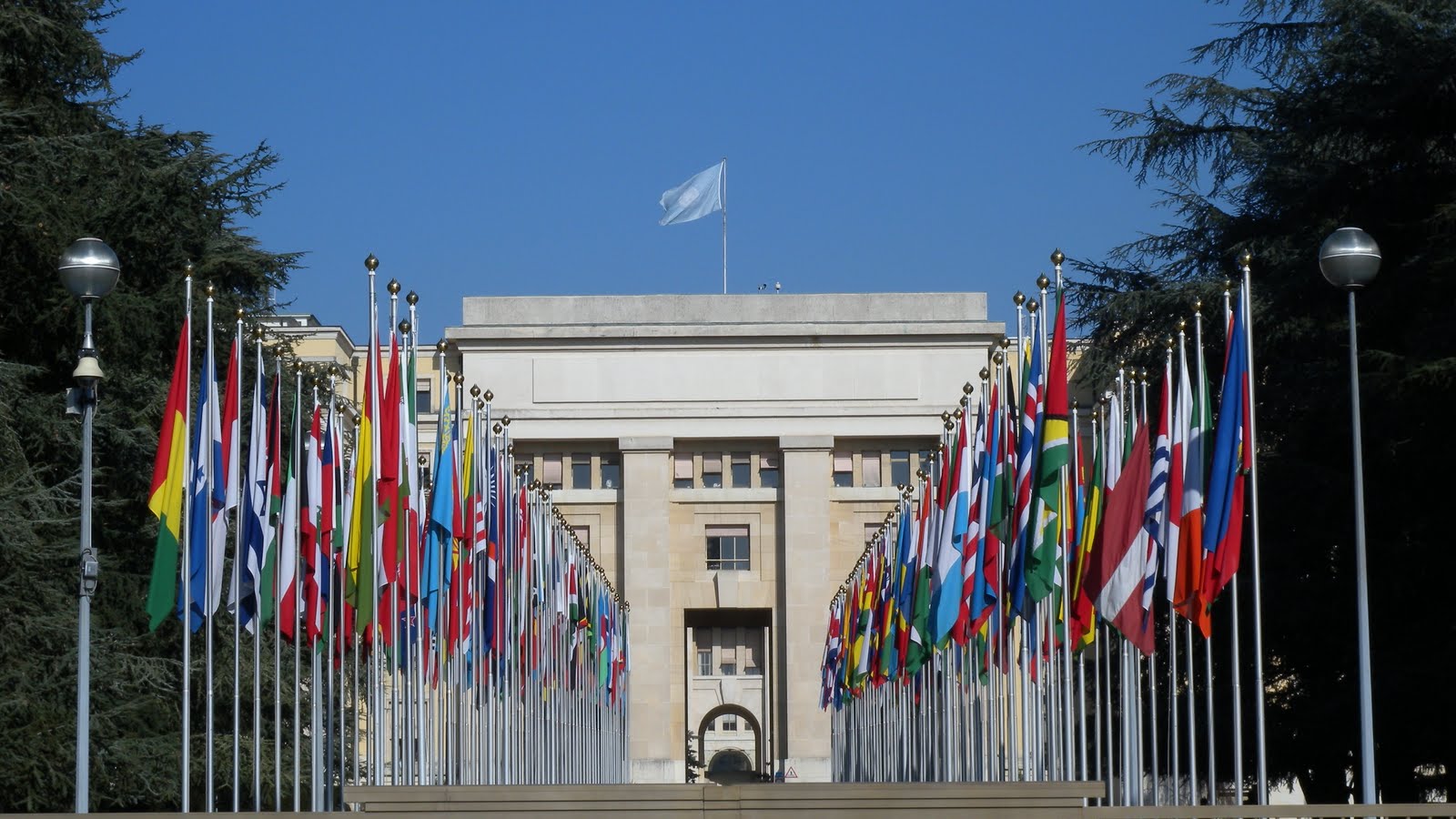
09 May SRHR Group calls on the PH Government to Decriminalise Abortion
On its 27th Session in Geneva yesterday, the United Nation’s Human Rights Council (UN HRC) Universal Periodic Review (UPR) raised questions on the Philippines’ compliance with its commitments on reproductive health and rights, including access to abortion.
The Netherlands recommended that the Philippine government should take immediate steps to permit abortion when woman’s life is in danger; when the pregnancy is a result of rape; and in cases of fetal impairment, with a view to decriminalize abortion in the near future.
“I am delighted that Netherlands raised the very important issue to decriminalize abortion and make it safe and legal for women. Even as I speak, there are three women dying every day from complications from unsafe abortion,” said Atty. Clara Rita “Claire” Padilla, spokesperson of Philippine Safe Abortion Advocacy Network (PINSAN).
PINSAN was actively engaged in the UPR process and its members submitted a joint report before the 27th Session of the UPR Working Group of the UN HRC. The report made specific comments on the Philippine governments’ commitments and obligations in the area of women’s reproductive and sexual health.
“Over 600,000 Filipino women induce unsafe abortion each year at risk to their lives, health, liberty, and security. The government should address this urgent public health issue to save women’s lives and prevent maternal morbidity,” Padilla added.
During the review, Sweden also called for the implementation of President Rodrigo Duterte’s Executive Order Number 12, noting that there are still 7.3 million women in the Philippines that have an unmet need for modern contraceptives. The executive order was declared to ensure strict implementation of the Responsible Parenthood and Reproductive Health Law to attain and sustain “zero unmet need for modern family planning.” Sweden further reiterated the results of the special inquiry of the CEDAW Committee in 2012 where the Philippine government was found liable for “grave and systematic” reproductive rights violations.
Women’s rights and SRHR advocates welcome the recommendations and calls on the government to act on them to urgently address the sexual and reproductive health and rights issues in the country, particularly on the decriminalisation of abortion.
View the statements from Netherlands and Sweden below:
Statement by the Kingdom of the Netherlands
Statement by Sweden
